🏛 The History of Valuation, Valuation Services in Kenya, and How to Become a Registered Valuer
In the dynamic world of property, finance, insurance, and investment, the role of valuation has become central to informed decision-making. Whether you’re buying land, assessing property for insurance, or determining the worth of a business, a professional valuation ensures that you know the true value of your asset.
But where did valuation begin? How has it evolved into the structured profession it is today? And how can you join this prestigious field in Kenya?
Let’s explore the history of valuation, its growing relevance in Kenya, common valuation services, and a full guide to becoming a licensed valuer in Kenya.
📜 The History and Evolution of Valuation
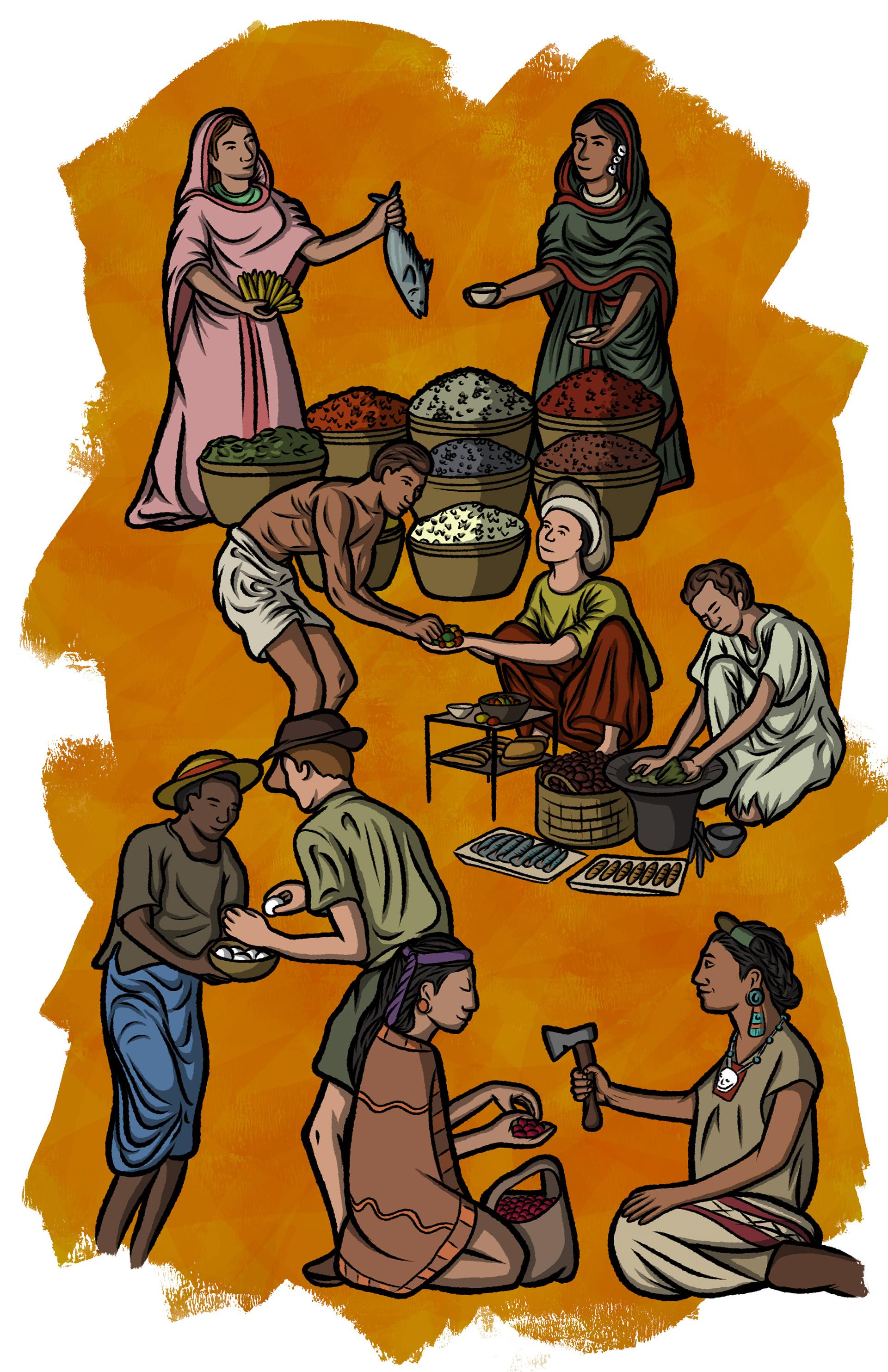
The Roots of Value: A Journey Through Barter Systems
At the dawn of human civilization, the complexities of trade began to unfold, paving the way for innovative systems of value exchange. Barter systems emerged as the basic means by which individuals acquired goods and services. Without a standardized medium of exchange, people relied on direct transactions, assessing worth through personal and communal needs. This primitive yet profound method enabled societies to establish relationships and trust, cultivating a sense of community.
Key features of these early barter systems included:
- Direct exchange: Goods and services were traded without any intermediary.
- Subjective valuation: The worth of an item was persistent based on individual perspective.
- Localization: Trade activities were typically confined to specific communities.
As time progressed, the limitations of bartering became evident, leading to the need for a more efficient system. This evolution manifested as the introduction of currency, a pivotal growth that transformed economic interactions. However, the essence of value remained deeply rooted in the principles of barter.
Valuation dates back thousands of years and has evolved alongside human civilization.
🔹 Ancient Civilizations (3000 BCE – 500 BCE)
In Mesopotamia, Egypt, and later Greece, value was assigned to land, crops, and livestock for taxation and trade. Tools like clay tablets and early accounting systems were used to track asset value.
🔹 The Roman Era
The Romans advanced valuation by introducing:
Land registries (the cadastre)
Professional land surveyors known as agrimensores
Legal frameworks for land and property value
🔹 Medieval Europe
Under the feudal system, land was valued for its productivity. The Domesday Book (1086), commissioned in England, listed properties and their values to determine taxes.
🔹 Renaissance to 19th Century
As banking, trade, and private land ownership grew, the valuation profession emerged in Europe. Standard methods began to appear.
🔹 20th – 21st Century
Valuation became a regulated profession, with global bodies like:
Royal Institution of Chartered Surveyors (RICS)
Appraisal Institute (AI)
International Valuation Standards Council (IVSC)
Modern valuation now includes:
Automated Valuation Models (AVMs)
Digital mapping (GIS)
Valuation of intangible assets (brands, software, IP)
🌍 The Importance of Valuation in Kenya Today
In Kenya, valuation is essential for both public and private sectors. It supports:
Land transactions and real estate investment
Bank lending and mortgage financing
Property taxation by county governments
Asset declaration and insurance underwriting
Government compensation and infrastructure projects
Business mergers, acquisitions, and restructuring
With rapid urbanization in cities like Nairobi, Mombasa, Nakuru, Kisumu, and growing towns like Thika, Kitengela, and Naivasha, demand for accurate, timely, and professional valuation has never been higher.
🛠 Common Types of Valuation Services in Kenya
Valuation services are provided by registered and licensed valuers, often working with real estate firms, banks, insurers, law firms, or government bodies.
1. 🏡 Land and Property Valuation
Residential, commercial, industrial, and agricultural properties
Used for sale, purchase, investment, succession, and dispute resolution
2. 🏢 Rental Valuation
Assesses fair market rent
Useful for landlords, tenants, investors, and agencies
3. 🚗 Motor Vehicle Valuation
Used by banks for logbook loans, insurers for premium assessment or claims
4. 🏭 Machinery and Equipment Valuation
For factories, construction firms, agro-processing, and logistics companies
5. 📊 Business and Company Valuation
Assesses goodwill, assets, and earnings for buyouts, mergers, or capital raising
6. 🏗 Compulsory Acquisition and Compensation
For infrastructure development (e.g., roads, SGR, dams, airports)
Ensures fair compensation to displaced persons
7. 🔒 Insurance Valuation
Determines replacement cost for insured assets and equipment
8. 🧾 Taxation and Audit Valuation
Used by auditors, accountants, and KRA for compliance and asset reporting
🎓 How to Become a Registered and Licensed Valuer in Kenya
Becoming a valuer in Kenya is a rewarding career that demands both academic and practical qualifications. Here’s the step-by-step guide:
✅ 1. Obtain a Real Estate Degree
Pursue a Bachelor’s Degree in Land Economics, Real Estate, or Valuation from a recognized Kenyan university:
University of Nairobi (UoN)
Kenyatta University
JKUAT
Technical University of Kenya (TUK)
Egerton University
✅ 2. Undergo Professional Internship
After graduation, complete at least 2 years of supervised practical experience under a registered valuer. This internship provides exposure to real-world valuation assignments, report writing, and client interactions.
✅ 3. Register with the Valuers Registration Board (VRB)
Submit your application to the Valuers Registration Board (VRB), which regulates valuation practice in Kenya. Requirements include:
Application form
Certified academic and internship documents
Professional valuation reports
Payment of applicable fees
Oral or written professional interview
Once successful, you’re issued with a Certificate of Registration and can legally operate as a Registered Valuer.
✅ 4. Join a Professional Association
Most valuers also join bodies such as:
Institution of Surveyors of Kenya (ISK) – Provides CPD training, networking, and professional protection.
Royal Institution of Chartered Surveyors (RICS) – An international membership for advanced specialization.
💼 Valuation Firms and Opportunities in Kenya
Registered valuers in Kenya work in diverse settings, including:
Valuation and estate agencies
Commercial banks and SACCOs
Insurance companies
Law firms and audit firms
County governments and state agencies (like KRA, NLC)
NGOs and international development projects
Firms also offer independent consultancy or start their own valuation practices, especially in growing regions like Nairobi, Kiambu, Nakuru, Eldoret, Kisii, Machakos, and Nyeri.
🚀 The Future of Valuation in Kenya
The future is bright for the valuation profession in Kenya. Key trends include:
Digital transformation: Use of GIS, drones, and AVMs
Demand for specialized valuation in agribusiness, energy, hospitality, and manufacturing
Cross-border investment requiring compliance with International Valuation Standards (IVS)
Land digitization projects under Kenya’s National Land Information Management System (NLIMS)
📌 Final Thoughts
Valuation is more than just placing a price on an asset—it’s about guiding investment, enhancing transparency, and protecting economic value. From its ancient origins to the modern real estate market in Kenya, valuation remains a cornerstone of every financial decision involving assets.
If you are seeking valuation services in Kenya or looking to become a professional valuer, there has never been a better time. Ensure you consult with a registered and experienced valuer for accurate, legally compliant, and market-aligned valuation reports.
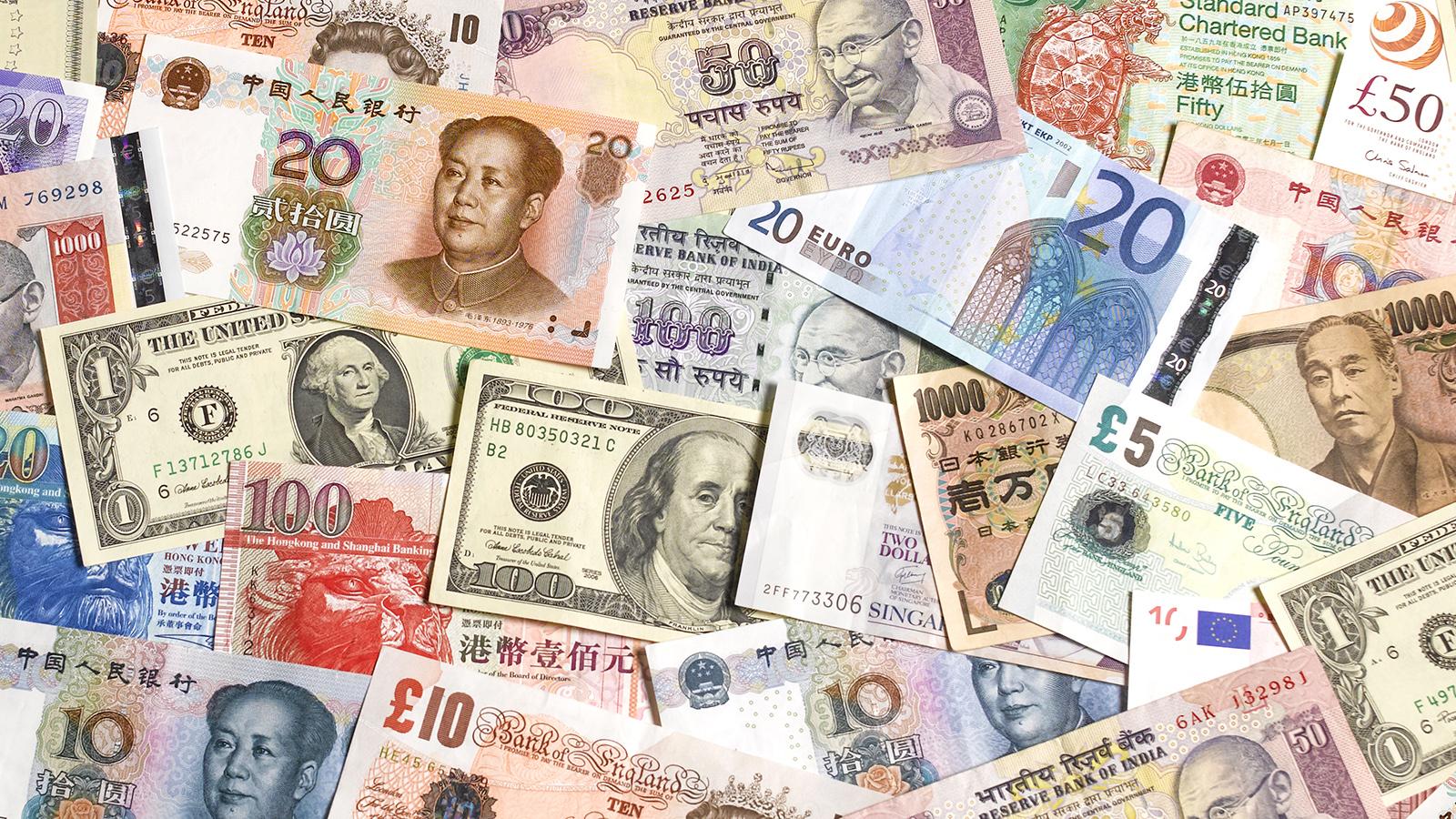
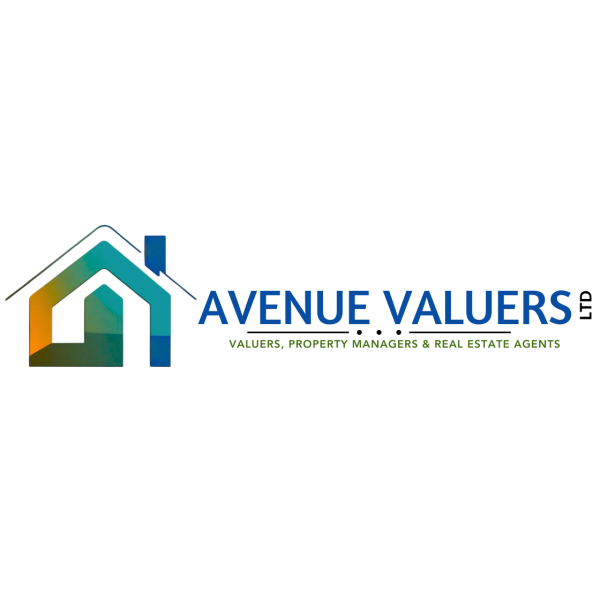
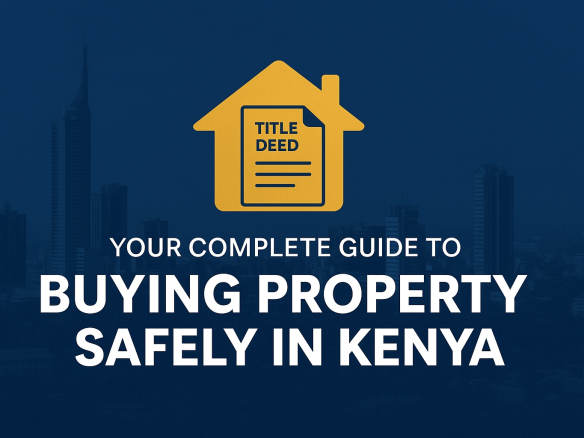

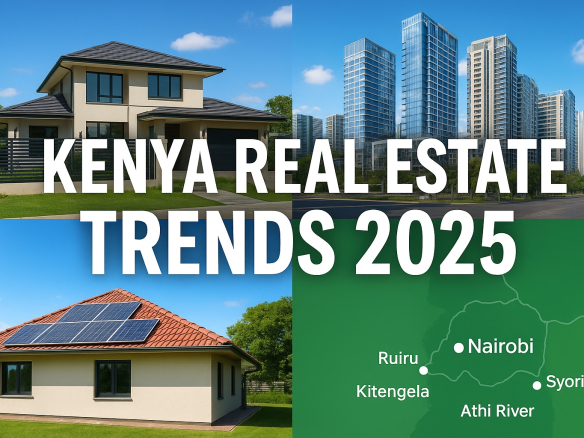
Join The Discussion